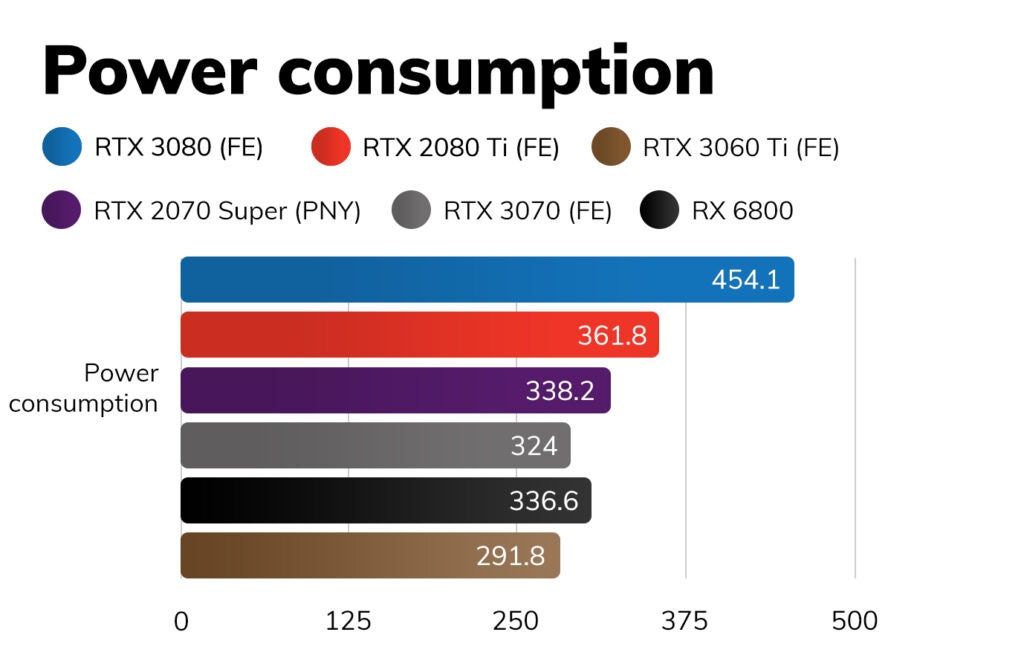


For our tests we assumed that normal browsing behavior included the use of multiple browser tabs, with no additional measures taken to cut down on data usage meaning no ad blockers, no special permissions for media, and no other data-saving measures. To test the memory demands of web browsing we used Google’s Chrome browser, which is notable for being both popular and a notorious memory hog. Web Browsingīasic web browsing can be done on almost any connected device, but loading up multiple browser tabs will use up your memory. Key takeaway: You can do a lot of work with only 4GB of memory, but if you need to work with extremely large files, you’ll want to bump up to 8GB or more. The standby memory, however, jumped to nearly 10GB. Whether looking at a single text file or a handful of documents (Word Docs, PDF, Text files) and larger Excel files (multiple sheets, each with 100+ columns of data), the memory usage ranged between 3,283 and 3,971 MB. We tested with a number of documents with upward of 1,000 pages. Whether we had one Word doc open or 10 files open across 5 programs, working with standard small documents barely exceeded 5GB of memory in use, and never exceeded 7GB of memory in use and in standby.
#8gb vs 16gb ram power cnsumption pdf#
We started with smaller files in multiple programs, opening Word documents, Excel spreadsheets, PowerPoint presentations, PDF files and photos.

If you want to make the most of your multitasking, these are the tests to look at. For this test we looked at various programs in Microsoft’s Office Suite, examining how large files stress memory as well as using multiple productivity programs at once. While creating and editing documents is generally a low-resource task, office productivity gets much more demanding as you open multiple files in multiple programs.
#8gb vs 16gb ram power cnsumption windows#
We chose Resource Monitor because it provides more granular information than Windows Task Manager, but both tools are helpful for getting an idea of how memory is used as you run processes and programs. To obtain data on memory usage, we used Windows Resource Monitor, one of several tools built into Windows to view system information and tracking the performance of various components. Want to edit photos, but you’re not much of a gamer? Want to do some document work and web browsing but still want the option to do more? Whatever your mix of uses, we can give you a very good idea of how much memory will be enough to meet the demands of the task.įor use case testing we used an Alienware 15 R3, equipped with an Intel Core i7-6700HQ, 16GB of RAM and an Nvidia GeForce GTX970M graphics card. We broke down each of our five use cases, finding the memory demands for both basic and heavy use, and matched that to common allotments of RAM. To help you find the best answer for you, we tested for five specific use cases, each common but distinct in its memory demands:Įach of these uses is common, but has distinctly different hardware requirements and memory demands. To answer these questions we performed some testing, looking at specific use cases, identifying the basic memory requirements for each and providing some hard numbers to back our advice. While opting for more RAM is always good advice, it doesn’t answer the more specific questions of how much RAM is needed for specific uses, or what you can reasonably expect to do with the RAM your laptop already has. The answer to the question of how much RAM you need always will come back to what you want to do with it. Too little RAM creates a bottleneck that slows everything down, and the basic rule of thumb is that more RAM is always better. While your overall performance will largely be dictated by the capabilities of your processor and graphics hardware, your memory allotment will directly impact how well you can take advantage of that performance. The bottom line is that RAM is essential to the smooth operating of your computer, particularly for things like multitasking and accessing multiple files at one time. A swap file still lets you get some things done, but will be dramatically slower. It will try to use this swap file in the same way it does RAM, constantly reading and writing the data during operation, but the memory in your storage drives simply isn’t designed to move data as rapidly as DRAM.

Once you hit the limit of what your RAM can hold, then your computer will compensate with a swap file, putting some of the data onto your storage drive.


 0 kommentar(er)
0 kommentar(er)
